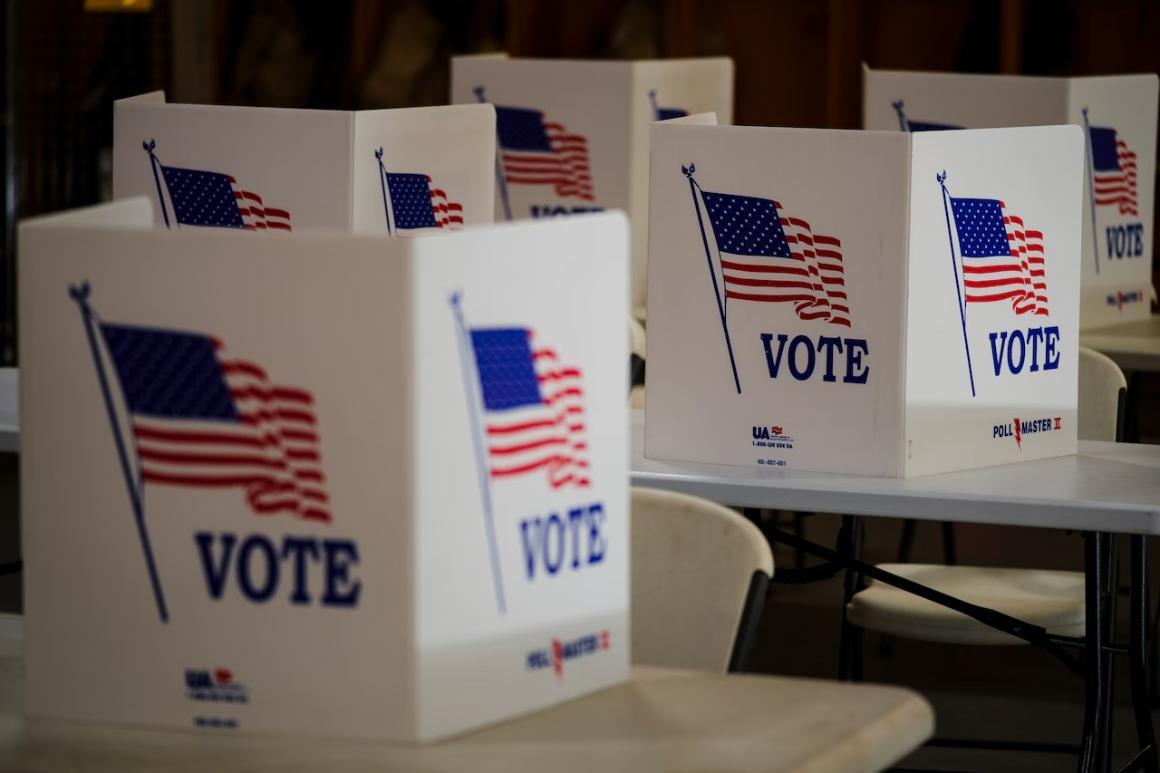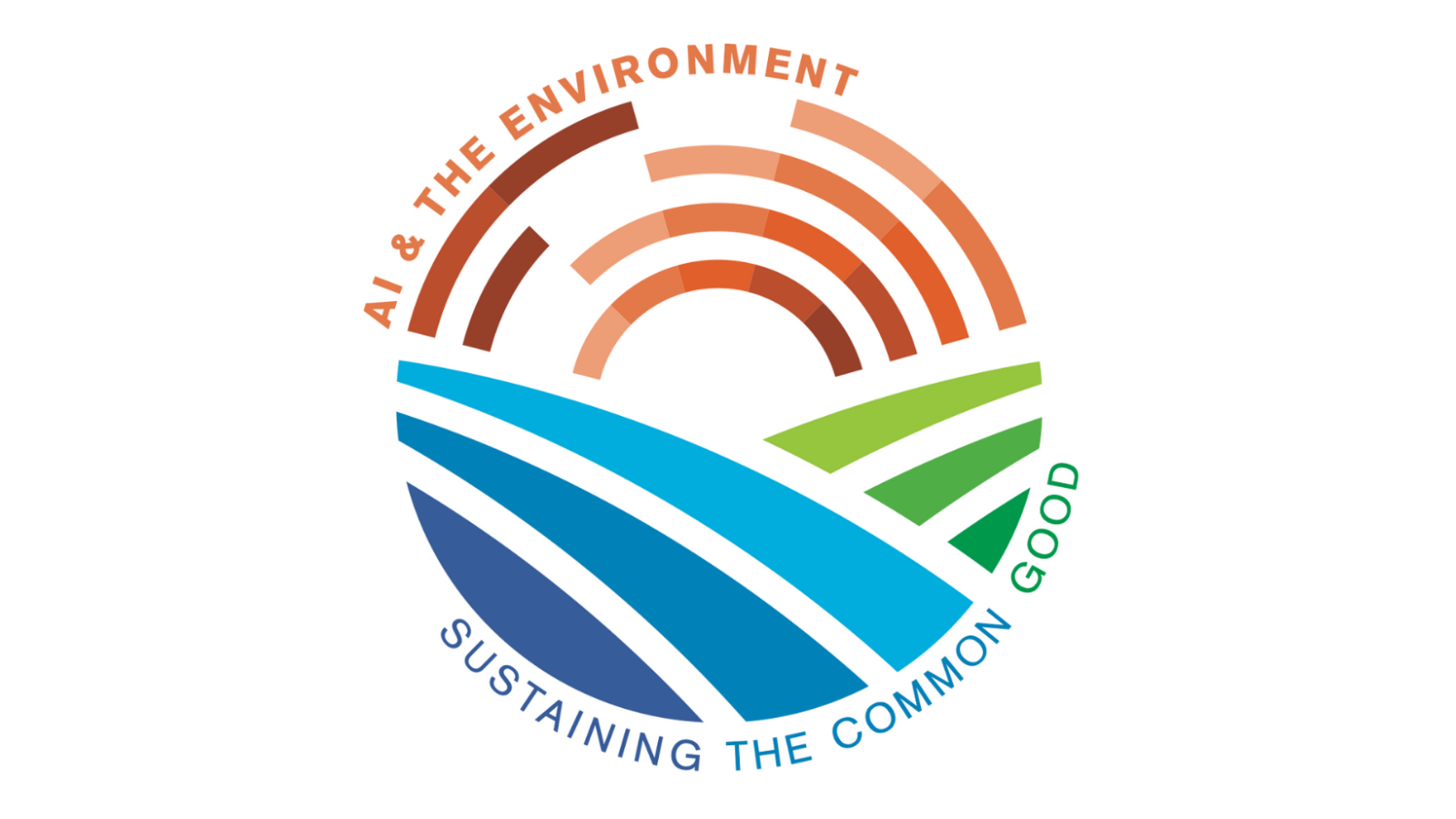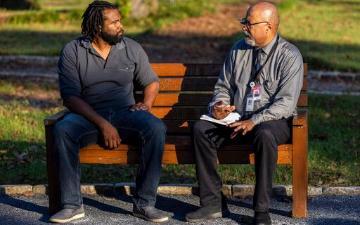Twelve-year-old Walter Polovchak came to America with his parents from a small town in the Soviet republic of the Ukraine. The family settled in Chicago, where Walter's uncle had lived for several years. The uncle helped Walter's father Michael get a job in a valve factory, but Michael never did adjust to life in America, left the job after seven and a half months, and ended up on welfare. When Michael Polovchak and his wife Anna decided to return to their native country, Walter refused to go along. Instead, he moved in with his cousin and his older sister Natalie, and applied for asylum. In a highly publicized case, a judge ruled in Walter's favor, in effect acknowledging the boy's right to determine his own environment and even citizenship.
Like many teenagers, 16-year-old pop singer Tiffany did not get along with her mother. But unlike most teenagers, Tiffany had millions of dollars in recording and performance revenues, and felt that her mother "was not making smart career moves." In March 1988, Tiffany asked a Los Angeles judge to declare her an "emancipated minor" and grant her the right to control her own finances and her budding career. But in July, Tiffany and her mother reached a court-mediated settlement, with the teenaged singer withdrawing her emancipation petition, and agreeing to allow her income to be placed in a trust fund.
In New York, neighbors had called social service authorities and the child abuse hotline many times, because of their concerns for the safety of little Lisa Steinberg. Twice, investigators from the city's child welfare agency had looked into Lisa's case, but each time, they did nothing. Once more, in October 1987, authorities visited Lisa's home after receiving an anonymous tip expressing concern, and again, they failed to act. When they returned to the Greenwich Village apartment in early November, Lisa was in a coma. A few days later, she died, and the Steinberg case gained notoriety nationwide.
Each of these cases raises vexing questions about the rights of children, and especially about the treacherous territory where the rights of children conflict with traditionally acknowledged rights of parents to raise their children as they choose, without interference from outside authorities.
United Nations Declaration of the Rights of the Child
- The enjoyment of the rights mentioned, without any exception whatsoever, regardless of race, color, sex, religion, or nationality;
- Special protection, opportunities, and facilities to enable them to develop in a healthy and normal manner, in freedom and dignity;
- A name and a nationality;
- Social security, including adequate nutrition, housing, recreation, and medical services;
- Special treatment, education, and care if handicapped;
- Love and understanding and an atmosphere of affection and security, in the care and under the responsibility of their parents whenever possible;
- Free education and equal opportunity to develop their individual abilities;
- Prompt protection and relief in times of disaster;
- Protection against all forms of neglect, cruelty, and exploitation;
- Protection from any form of racial, religious, or other discrimination, and an upbringing in a spirit of peace and universal brotherhood.
Source: The Children's Rights Movement, Beatrice and Ronald Gross (eds.)
Just what rights do children have? What do parents owe to their children, and just how much power can parents rightfully exercise in their roles as care providers? When does society have the right to take a child away from a parent in order to protect the welfare of the child?
These questions have been debated by philosophers and lawyers for years. Though the answers will often depend on the particulars of specific cases, widely divergent positions on the basic issues of children's rights have emerged.
The traditional view of children's rights has come to be known as the "caretaker" view of children's rightsÑan approach that was articulated at least as early as 1691 by philosopher John Locke. According to Locke, all humans were "born infants, weak and helpless, without knowledge or understanding." Therefore, parents were "by the law of nature under an obligation to preserve, nourish, and educate the children they had begotten."
In the Lockean scheme, parents have the right to make all choices for their children: "Whilst [the child] is in an estate wherein he has no understanding of his own to direct his will, he is not to have any will of his own to follow." Children have only "dependency rights"Ñrights related to reasonable expectations that they, as dependents, will be provided with whatever they require to grow into healthy and functioning adults.
A logical and more modern extension of the Lockean view is perhaps most clearly expressed in the United Nations Declaration of the Rights of the Child (see above). According to this view, children do have some rights but they do not have all the rights that adults have.
The rights that children have are the rights to an environment and certain material goods that will assure them a reason able opportunity to develop in a health, and normal manner. These include among other things, the right to "adequate nutrition, housing, recreation, and medical services," as well as love, security education, and protection against abuse and discrimination.
What is significant about this list is that it does not include certain rights the adults have, such as the right to privacy and the right to confidentiality. But the most significant omission is the right of children to make their own choices. The reason for this omission is simple: this traditional view assumes that parents alone have this and other adult rights. Children do not yet have the intelligence and the experience, and are not yet sufficiently developed to make their own choices independent of their parents. Thus, while children do, of course, have a right to be provided with what they need to develop and mature and parents have an obligation to provide these for their children, children have no right to choose for themselves.
In striking contrast to the "caretaker" view is the "children's liberation" view, a relatively radical view that has been advanced only in the last fifteen years. It is a view that has been advanced by writers such as Richard Farson (in Birthrights, Macmillan, 1974), John Holt (in Escape from Childhood, E.P. Dutton, 1974), and Howard Cohen (in Equal Rights for Children, Littlefield, Adams & Co., 1980). According to this view, children have exactly the same rights that adults have, including such rights as the right to choose for oneself (see below). Farson claims, for example, that "Children should have the right to decide matters that affect them most directly."
According to Farson, children have a right to privacy and freedom of expression, a right to confidentiality, and the right to choose their friends, their church (or to choose no church at all), and what they wish to read, listen to, and see at the movies. Furthermore, Farson writes, children have the right to "design their own education ... including the option not to attend any kind of school," and the right to "conduct their sexual lives with no more restriction than adults."
This children's liberation view is base d on the argument that children do not differ from adults in ways that justify claiming that they do not have the same rights adults have. Adults have the right to conduct their lives as they choose because they possess a fundamental human dignity that demands respect from others. But children have the same human dignity that adults have, and so they should have the same freedom to decide how they will run their own lives that adults have.
Critics claim, however, that without adequate knowledge, it is simply not possible for children to make their own choices without harming themselves. For example, sexual freedom for children has far-reaching repercussions that can drastically affect their lives.
Children's Liberation Rights
- The right to Self-determination--children should have the right to decide matters that affect them most directly.
- The Right to Alternate Home Environments--including the right to choose from among a variety of home environments, and various kinds of schools and employment opportunities.
- The Right of Responsive Design--society must accommodate itself to children's size and to their need for safe space.
- The Right to Information--children must have the right to all information ordinarily available to adults.
- The Right to Educate Oneself--children should be free to choose from among many kinds of learning experiences, including the option not to attend any kind of school.
- The Right to Freedom from Physical Punishment.
- The Right to Sexual Freedom--children should have the right to conduct their sexual lives with no more restrictions than adults.
- The Right to Economic Power--including the right to work, to acquire and manage money, and to achieve financial independence.
- The Right to Justice--including the guarantee of fair trial with due process of law [and] an advocate to protect their rights against parents.
Source: The Children's Rights Movement, Beatrice and Ronald Gross (eds.)
But proponents have countered the critics by pointing to successful communities that are completely run by children, in which adults are on a par with children and in which adults merely provide children with the resources needed to live their lives, but leave children alone to choose for themselves.
The "liberation" view holds that even if it is true that children do not have all the knowledge, experience, or resources that adults have, adults can provide these for children. Adults can explain matters to children, and provide children with the resources and knowledge needed to make informed decisions, and then should respect the choices children make regardless of what they are. Critics, however, argue that even if children had the right to make their own choices, they could never effectively exercise this right. If adults have to provide children with the wherewithal! needed to make reasoned choices, they will end up steering children in one way or another by the kind of information and resources they provide. So adults will end up making all choices for children anyway.
In mapping out a workable scheme of rights for children, then, lawmakers and philosophers have encountered problems that they don't need to deal with when they are concerned with the rights of adults. Does a teenager like Tiffany, for example, have the wisdom, experience, and maturity to make irrevocable choices that will shape her future life? Do children have the right to dress, speak, and worship as they wish? Are they entitled to decide, as Walter Polovchak did, that they will leave their parents and live in one culture rather than remaining with their parents in another? Where do parents' rights end and children's rights begin in cases where it is unclear whether parents are negligent, incompetent, or abusive? Do parents have the right to decide by which values and traditions their children will be raised, or do children have a right to choose these for themselves?
The challenge for us is to strike a balance between the rights of children and those of their parents that is sensitive to the needs, the wishes, and the well-being of both.
For further reading:
Howard Cohen, Equal Rights for Children (Totowa; NJ: Littlefield, Adams, & Co. 1980).
"Special Report: Protecting Children's Rights, Children Today Vol. 18, No. 3 (May-June 1989), pp. 6-18.
This article was originally published in Issues in Ethics - V. 3, N. 1 Winter 1990



